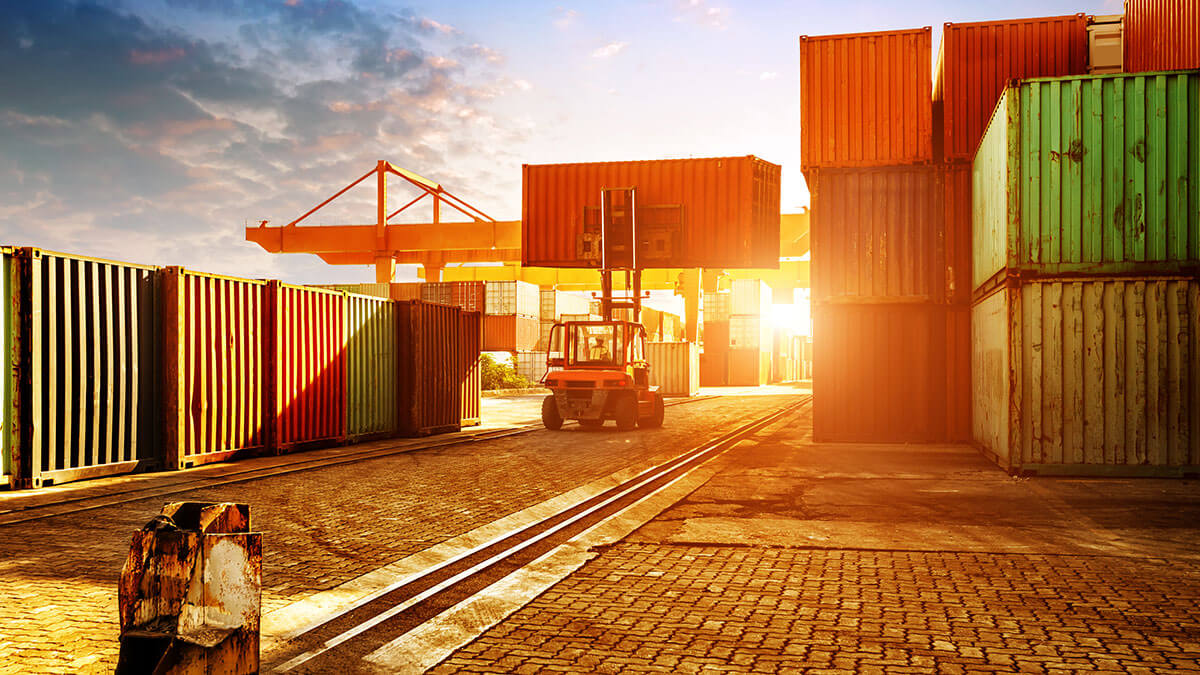Cargo carriers use the terms “freight forwarder” and “broker” to explain the same position. Still, the two are different, and knowing this difference will help you understand how to work with them more effectively. Here’s how to define these terms and why they matter to cargo brokering and to carriers.
What are freight brokers?
Freight brokers connect shipping agencies and cargo carriers. They also follow the cargo, meaning that they must pay attention to the freight’s logistics. However, they don’t arrange to ship for the customers, and they have nothing to do with freight storage.
They also have to register and report their operations to the Federal Motor Carrier Safety Administration (FMCSA) for brokerage authority. Regulating the trucking and transport industry in the United States, this agency organizes, coordinates, and prevents crashes involving large trucks, busses, and other vehicles.
In all, freight brokers:
- Assist with shipping of haul ready cargo
- Find qualified carriers for cargo transportation
- Administer and report transportation
- Open communication between all parties
What are freight forwarders?
A freight forwarder controls many things about shipping local and international cargo. Their tasks involve:
- Shipping administration
- Finding the best route and means
- Clearing international shipments
- Meeting legal requirements
- Using in-house bills of lading
- Clearing the movement of cargo
- Booking cargo space
- Negotiate transportation fees
Freight forwarders are licensed by the FMCSA to operate within local or international commerce— meaning they aren’t nearly as local as freight brokers. They can handle shipments locally or across several different countries.
Freight brokers are tasked with assisting shipping companies by finding suitable cargo carriers— they handle moving goods from the manufacturer to the market.
They have to find the best, most cost-effective, and fastest way to transport goods.
While carrier companies might use different modes of transportation, it’s the freight forwarders task to find and arrange a proper route and shipping method.
Since freight forwarders operate internationally, they have to produce and process customs documents and handle the bulk of activities that go into clearing international shipments.
The main differences between them
The role of a freight forwarder is far more specialized and fundamentally different from that of freight brokers. While both are part of the logistics industry and are crucial to freight and cargo transport, they are far from the same thing, as they’re tasked with different roles. Both will require you to sign a legal document, so knowing the major differences between the two is essential.
There are more than a couple of similarities with these two positions, so it’s understandable why people confuse them. The differences delve deeper than simple connotations, and understanding them provides cargo carries with a better understanding of the industry.
Here are the main differences between these easily confused roles.
- Freight brokers are intermediaries between the client and freight carrier, while a freight forwarder arranges transportation.
- Freight brokers don’t have anything to do with cargo storage, while freight forwarders take possession and liability.
- Freight forwarders are tasked with the storage, handling, assembly, and consolidation of the cargo, while freight brokers are not.
- Freight brokers most often operate locally, while freight forwarders operate internationally.
- Freight brokers operate under the cargo owners’ bill of lading, while freight forwarders operate under their bill of lading.
The difference it makes to cargo carriers
Knowing these differences is integral to maintaining proper business operation, transparency, and costs. Cargo carriers, such as trucking companies, are integral to the logistics industry and often find themselves working with freight forwarders and freight brokers.
However, neither has to provide payment for your services until the client has paid them, so you’ll have to pick your freight brokers and forwarders carefully. Understanding their methods will give you a better idea of their duties to make a better-informed choice and bids.
Unlike freight forwarders, freight brokers can work on their merit, and they don’t always have to be reliable. It’s essential to ensure that your freight broker’s business practice is legitimate if you want to receive payment for your work. On the other hand, freight forwarders are usually parts of larger companies, so it’s easier to determine their legitimacy.
If you’re working with a freight forwarder, you’ll have to ensure that the cargo is whole and undamaged. Since freight forwarders are liable for the cargo, unlike freight brokers, they can present legal issues if there are any cargo problems.
Final thoughts
As a cargo corporation, understanding the key differences between brokers and freight forwarders gives you essential insight into their operations and helps you make a better decision when doing business with them.




What licenses I need to be a Freight forward